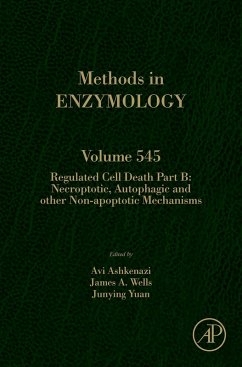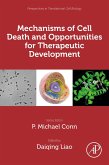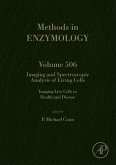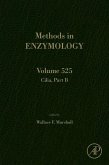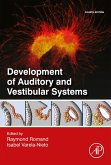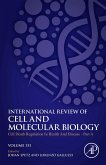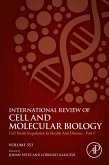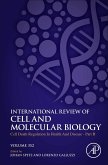Regulated Cell Death Part A & Part B of Methods in Enzymology continues the legacy of this premier serial with quality chapters authored by leaders in the field. This volume covers research methods in apoptosis focusing on the important areas of intrinsic pathway, extrinsic pathway, caspases, cellular assays and post-apoptotic effects and model organisms; as well as topics on necroptosis and screening approaches.
- Continues the legacy of this premier serial with quality chapters authored by leaders in the field
- Covers research methods in biomineralization science
- Regulated Cell Death Part A & Part B contains sections on such topics as apoptosis focusing on the important areas of intrinsic pathway, extrinsic pathway, caspases, cellular assays and post-apoptotic effects and model organisms; as well as topics on necroptosis and screening approaches
Dieser Download kann aus rechtlichen Gründen nur mit Rechnungsadresse in A, B, BG, CY, CZ, D, DK, EW, E, FIN, F, GR, HR, H, IRL, I, LT, L, LR, M, NL, PL, P, R, S, SLO, SK ausgeliefert werden.

